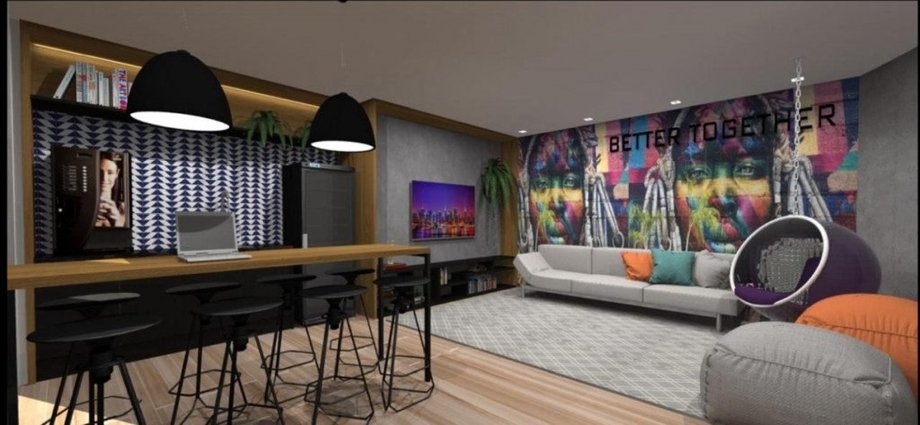Biohub brings together healthcare startups
In July, PUCRS inaugurates an innovation center, in partnership with Grow +, specifically focused on health and life sciences, with innovation and entrepreneurship as motivation for the creation of startups in these areas. It is BioHub, a project that brings together Tecnopuc, InsCer / RS, Hospital São Lucas (HSL) and the University Schools.
BioHub involves a set of actions with the objective of promoting innovation, connecting talents and knowledge to generate innovative businesses in life sciences. A series of projects will be deployed for this purpose. One of them is the creation of the Healthplus Innovation Center, a coworking space for health startups with a capacity for 120 people, installed on the sixth floor of Building 99 on the Campus and managed in partnership with Grow +, a business accelerator from Rio Grande do Sul with national operations and focus on health.
WORKBENCH AND MARKET
Another initiative is the creation of the discipline Technology, Innovation and Informatics Applied to Health, at the School of Medicine. The novelty in changing the curriculum is expected in 2019. Among its objectives is to bring students concepts related to the area of innovation environments and their role in economic and social development and generation of academic startups and spin offs.
The University has more than 70 laboratories and more than 100 research groups involved in the topics of health and life sciences, with the potential to transform the knowledge generated in business, in the context of translational research. “We are conducting a survey to see how many projects are ready and can be taken from the bench to the market and what support services will be offered to transform them into businesses,” explains Carlos Klein, innovation consultant at Hospital São Lucas.
The superintendent of Innovation and Development, Jorge Audy, notes that PUCRS has the potential to generate at least half of the startups foreseen in Tecnopuc's strategic intention to create a thousand innovative businesses in ten years. “There are many students, teachers, researchers and innovation agents creating good projects, but they need to develop their capacity to undertake and bring solutions to the market”, he analyzes.
To format and implement the ideas, entrepreneurs will have access to CriaLab (Creativity Laboratory), UsaLab (Usability Laboratory in the Hospital Area) and FabLab (Prototype Development Laboratory, accredited on the MIT network), installed at Tecnopuc .
In practice, all the University's laboratories, research centers, Hospital São Lucas and InsCer will be a great living lab for tests and experiments of what will be developed at BioHub.
HSL and InsCer ready for experiments
There is a global movement among health institutions to promote a digital innovation journey. Advances in technology are transforming the sector, both with regard to patients and professionals in the field and management. The future points to an increasingly personalized and precision medicine.
At BioHub, products and instruments developed by startups will need to be validated. HSL and InsCer / RS will be live laboratories to implement them. This scenario makes Tecnopuc's ecosystem extremely attractive to healthcare developers. A complete end-to-end structure will be offered, from the birth of the idea to the final product validation.
Bruno Hochhegger, coordinator of the Image Center at InsCer and HSL, also highlights the importance of BioHub for students in the health field to have a field of expertise in entrepreneurship. “It is a trend that is growing more and more all over the world due to the vision of digital transformation”, he observes. InsCer, according to him, will be a scenario for the application of scientific innovations and also for business development. “It is what the Americans call spin-offs. We will have a closer relationship with the industry and the market. ”
Changing scenery
The health area is one of the business segments with the lowest digitization rate. In all countries, it is undergoing an important digital transformation. There are three dissatisfied audiences: users think they pay too much; professionals who earn little, and hospitals that accumulate losses. “It is only possible to solve this market problem if it changes completely with innovation and digitalization”, says Carlos Klein. The HSL consultant highlights the need to eliminate repeated processes within hospitals, for example, reviewing the relationship with healthcare operators and customers, and investing more in processes based on intelligence and not just human decisions.


